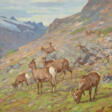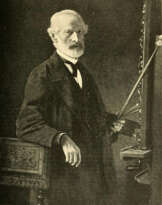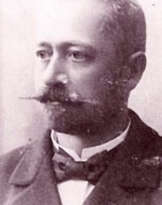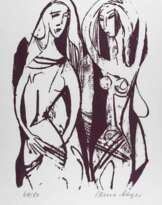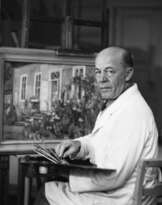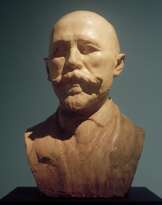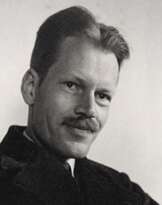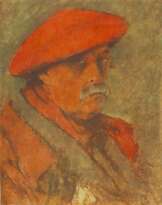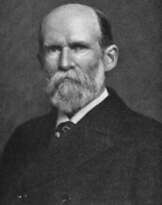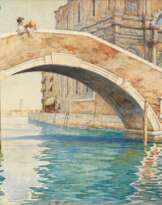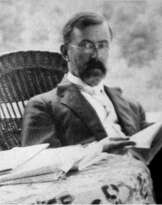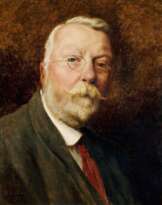Carl Clemens Rungius (1869 - 1959)
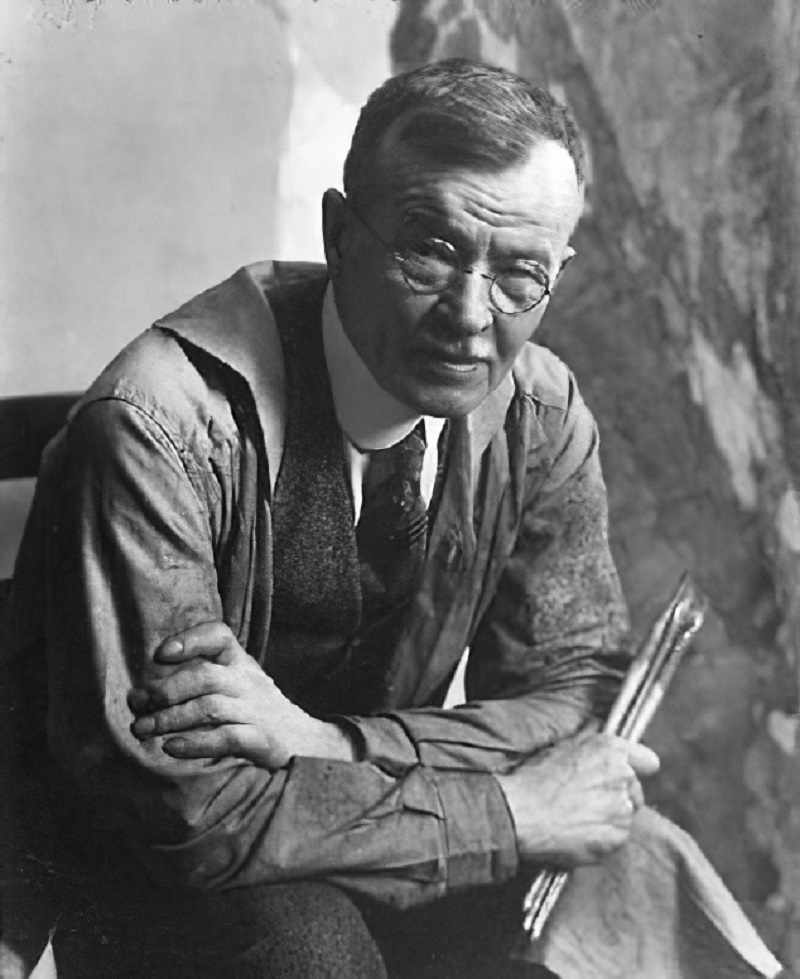
Carl Clemens Rungius
Carl Clemens Moritz Rungius was a leading American wildlife artist. He was born in Germany though he immigrated to the United States and he spent his career painting in the western United States and Canada. Active primarily in the first half of the 20th century, he earned a reputation as the most important big game painter and the first career wildlife artist in North America.
Rungius was an avid sportsman, and spent more time in the wilderness than other artists. By direct observation in nature, he was able to gain an exceptional insight into the animals and their environment. Rungius painted both landscapes and wildlife, often with both into a single picture. He situated animals in their natural environment, a practice that was new to painting in early twentieth century North America. His paintings are highly romanticized, and represent an Eden-like world without any signs of a human impact.
Among other places, his works are featured at the American National Museum of Wildlife Art (which has the largest public collection of Rungius work), the Dutch Rijksmuseum Twenthe, and Calgary's Glenbow Museum. His work was also part of the painting event in the art competition at the 1928 Summer Olympics.
| Date and place of birt: | 18 august 1869, Berlin, Germany |
|---|---|
| Date and place of death: | 21 october 1959, New York City, USA |
| Nationality: | Germany, USA |
| Period of activity: | XIX, XX century |
| Specialization: | Artist, Painter |
| Genre: | Animalistic, Landscape painting |
| Art style: | American Realism, Naturalism |
